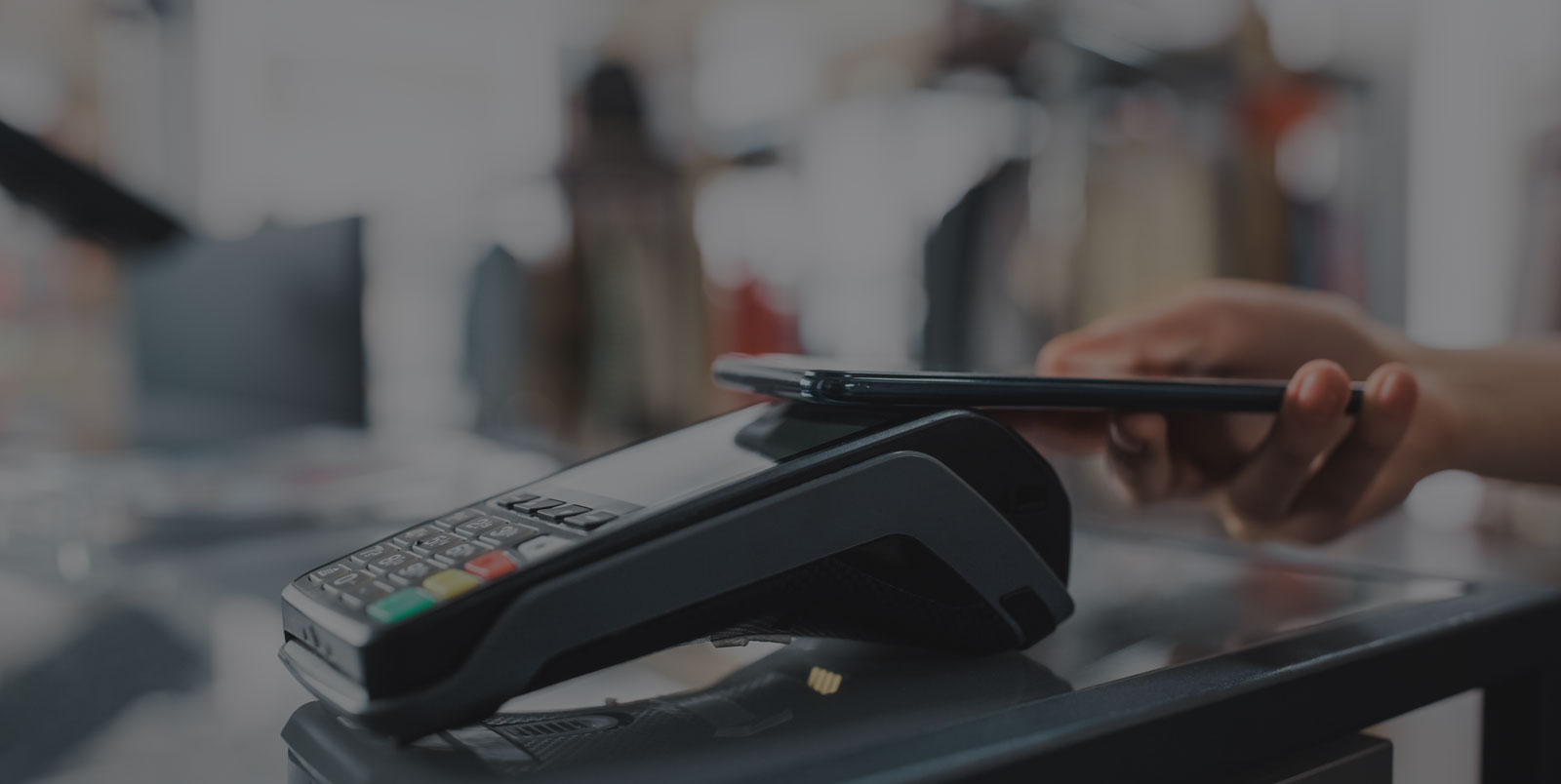
By Rosemary Pearson April 17, 2024
Hartford payments: In today’s digital age, online payment platforms have become an integral part of our daily lives. From shopping to bill payments, these platforms offer convenience and ease of use. However, with the increasing use of these platforms, the risk of cyber threats and fraud has also risen. This is why it is crucial for Hartford payments platforms, especially those in Hartford, to have robust security measures in place to protect their users’ sensitive information with Hartford payments.
Here are five essential security features that every Hartford payments platform should have to ensure the safety and security of its users.
1. Encryption:
Encryption is the process of converting plain text into a code to prevent unauthorized access to sensitive information. It is a crucial security feature for Hartford payments platforms as it ensures that any data transmitted between the user’s device and the platform’s server is unreadable to anyone trying to intercept it. This means that even if a hacker manages to access the data, they will not be able to decipher it. Hartford payment platforms must use strong encryption protocols, such as SSL or TLS, to protect their users’ data.
2. Multi-Factor Authentication:
Multi-factor authentication (MFA) is an additional layer of security that requires users to provide more than one form of identification to access their accounts. This could include a password, a one-time code sent to their phone, or biometric authentication, such as a fingerprint or facial recognition. MFA adds an extra level of protection against unauthorized access, as even if a hacker manages to obtain a user’s password, they will still need the second form of identification to access the account. Hartford payment platforms should make MFA mandatory for all users to ensure the security of their accounts.
3. Fraud Detection:
Fraud detection is a crucial security feature for payment platforms, especially in Hartford, where cybercrime rates are on the rise. This feature uses advanced algorithms and machine learning to analyze user behavior and detect any suspicious activity. For example, if a user suddenly makes a large transaction from a new location, the system will flag it as potentially fraudulent and prompt the user to verify their identity. This feature not only protects users from fraud but also helps payment platforms identify and prevent potential cyber threats.
4. Regular Security Audits Hartford Payments :
Regular security audits are essential for payment platforms to identify any vulnerabilities in their systems and address them promptly. These audits involve a thorough review of the platform’s security protocols, including encryption, authentication, and fraud detection. They also test the platform’s response to potential cyber attacks and identify any weaknesses that need to be addressed. Hartford payments platforms should conduct these audits regularly and make necessary updates and improvements to their security measures.
5. Data Backups:
Data backups are crucial for payment platforms to ensure the safety and availability of their users’ data. In the event of a cyber attack or system failure, data backups can help restore the platform’s operations and prevent any loss of sensitive information. Hartford payments platforms should have a robust backup system in place, with regular backups stored in secure off-site locations. This will not only protect user data but also ensure the continuity of the platform’s services in case of any unforeseen events.
In conclusion, security is of utmost importance for payment platforms, especially in Hartford, where cybercrime rates are high. By implementing these five essential security features, payment platforms can protect their users’ sensitive information and prevent potential cyber threats. It is crucial for Hartford payments platforms to prioritize the safety and security of their users to maintain their trust and credibility in the digital world.
The Importance of Multi-Factor Authentication for Hartford Payments Platforms

In today’s digital age, online transactions have become the norm for many individuals and businesses. With the convenience and speed of online payments, it’s no surprise that more and more people are opting for this method of payment. However, with this increase in online transactions comes the risk of cyber threats and fraud. This is where security measures, such as multi-factor authentication, play a crucial role in protecting payment platforms, especially for a city like Hartford, which is a hub for financial institutions.
Multi-factor authentication (MFA) is a security process that requires users to provide two or more forms of identification before accessing an account or making a transaction. This adds an extra layer of security, making it more difficult for hackers to gain unauthorized access. MFA is becoming increasingly popular, and for good reason. According to a study by Verizon, 81% of hacking-related breaches are due to weak or stolen passwords. By implementing MFA, businesses can significantly reduce the risk of a data breach.
One of the most common forms of MFA is the use of a one-time password (OTP). This is a unique code that is sent to the user’s registered phone number or email address. The user must Hartford Payments enter this code along with their password to gain access to their account. This method ensures that even if a hacker manages to obtain a user’s password, they still won’t be able to access the account without the OTP.
Another form of MFA is biometric authentication, which uses physical characteristics such as fingerprints, facial recognition, or voice recognition to verify a user’s identity. Biometric authentication is considered to be one of the most secure methods of MFA as it is nearly impossible to replicate someone’s unique physical characteristics. This method is also more convenient for users as they don’t have to remember multiple passwords or carry around a physical token.
| Security Feature / Practice | Description | Benefit |
|---|---|---|
| Encryption | Converts sensitive data into code (SSL/TLS) | Protects user data from unauthorized access |
| Multi-Factor Authentication (MFA) | Requires multiple forms of verification (password + OTP/biometrics) | Prevents unauthorized account access |
| Fraud Detection | Uses AI/ML to identify suspicious transactions | Reduces cybercrime and financial loss |
| Regular Security Audits | Periodic review of systems, protocols, and vulnerabilities | Ensures proactive threat mitigation |
| Data Backups | Regular off-site storage of platform data | Ensures data recovery during failures or attacks |
| Software & System Updates | Install latest security patches and updates | Protects against evolving cyber threats |
| Real-Time Monitoring | Tracks transactions and user activity continuously | Enables immediate detection of suspicious activity |
| Strict Security Policies | Strong passwords, limited access, staff training | Minimizes human error and insider threats |
| Disaster Recovery Plan | Backup and restoration plan for system failures | Ensures continuity of services |
| Stay Updated on Cybersecurity Trends | Monitor new threats, regulations, and hacking methods | Allows proactive security measure |
For businesses in Hartford, implementing MFA is crucial in protecting their payment platforms. With the city being a hub for financial institutions, it is a prime target for cybercriminals. In fact, according to a report by the Federal Bureau of Investigation (FBI), Hartford ranks among the top 10 cities in the United States for cybercrime. This makes it even more important for businesses in Hartford to take the necessary steps to secure their payment platforms.
Apart from protecting against cyber threats, MFA also helps businesses comply with regulations and standards such as the Payment Card Industry Data Security Standard (PCI DSS). This standard requires businesses that handle credit card information to implement Hartford Payments strong security measures, including MFA, to protect sensitive data. Failure to comply with these regulations can result in hefty fines and damage to a business’s reputation.
Implementing MFA in Hartford Payments
Moreover, implementing MFA can also help businesses build trust with their customers. With the increasing number of data breaches and cyber attacks, customers are becoming more cautious about sharing their personal and financial information online. By implementing MFA and Hartford Payment, businesses can assure their customers that their information is secure, which can help build a positive reputation and attract more customers.
In conclusion, the importance of multi-factor authentication for Hartford payment platforms cannot be overstated. It not only protects against cyber threats and helps businesses comply with regulations, but it also helps build trust with customers. With the ever-evolving landscape of cybercrime, businesses in Hartford must prioritize the implementation of MFA to ensure the security of their payment platforms and maintain the trust of their customers through Hartford Payment.
Also Read: Credit Card Convenience Fee Wording: Templates and Scripts for Small Businesses
Best Practices for Regularly Updating and Monitoring Security Measures on Hartford Payments Platforms
In today’s digital age, online payment platforms have become an integral part of our daily lives. From shopping to bill payments, these platforms offer convenience and ease of use. However, with the increasing use of these platforms, the risk of cyber threats and attacks has also risen. This is Hartford payments why it is crucial for payment platforms, such as Hartford, to regularly update and monitor their security measures to ensure the safety of their users’ sensitive information.
One of the best practices for regularly updating and monitoring security measures on Hartford payments platforms is to conduct regular security audits. These audits involve a thorough examination of the platform’s security protocols, systems, and processes. This Hartford Payments helps identify any vulnerabilities or weaknesses that could potentially be exploited by hackers. By conducting these audits regularly, Hartford can stay ahead of potential threats and address any security gaps promptly.
Another important aspect of maintaining security on payment platforms is to regularly update software and systems. Hackers are constantly evolving their tactics, and outdated software and systems are easy targets for them. By regularly updating their software and systems, Hartford can ensure that they have the latest security patches and protocols in place to protect their platform and users’ information.
In addition to regular updates, it is also crucial for Hartford Payments to have a robust system for monitoring their payment platform. This includes real-time monitoring of transactions, user activity, and system logs. By closely monitoring these aspects, any suspicious activity can be detected and addressed immediately. This not only helps prevent potential cyber attacks but also allows for quick response and damage control in case of a security breach.
Apart from technical measures, it is also essential for Hartford to have strict security policies and procedures in place. This includes implementing strong password requirements, limiting access to sensitive information, and conducting regular security training for employees. Human error is often the weakest link in cybersecurity, and by educating employees on best practices and potential threats, Hartford can significantly reduce the risk of a security breach.
Furthermore, Hartford should also consider implementing multi-factor authentication for their payment platform. This adds an extra layer of security by requiring users to provide additional information, such as a one-time code sent to their phone, to access their account. This makes Hartford Payments it harder for hackers to gain unauthorized access to user accounts, even if they have obtained login credentials.
In addition to these measures, Hartford should also have a disaster recovery plan in place. This includes regular backups of data and systems, as well as a plan for restoring operations in case of a security breach or system failure. By having a well-defined disaster recovery plan, Hartford can minimize the impact of a security incident and ensure the continuity of their services for their users.
Lastly, it is crucial for Hartford to stay updated on the latest security trends and threats. This includes staying informed about new hacking techniques, data breaches, and security regulations. By staying informed, Hartford can proactively implement necessary security measures and adapt to any changes in the cybersecurity landscape.
In conclusion, regularly updating and monitoring security measures is crucial for Hartford payments platforms to ensure the safety of their users’ sensitive information. By conducting security audits, regularly updating software and systems, monitoring user activity, implementing strict security policies, and staying informed about the latest security trends, Hartford can significantly reduce the risk of a security breach and maintain the trust of their users.
